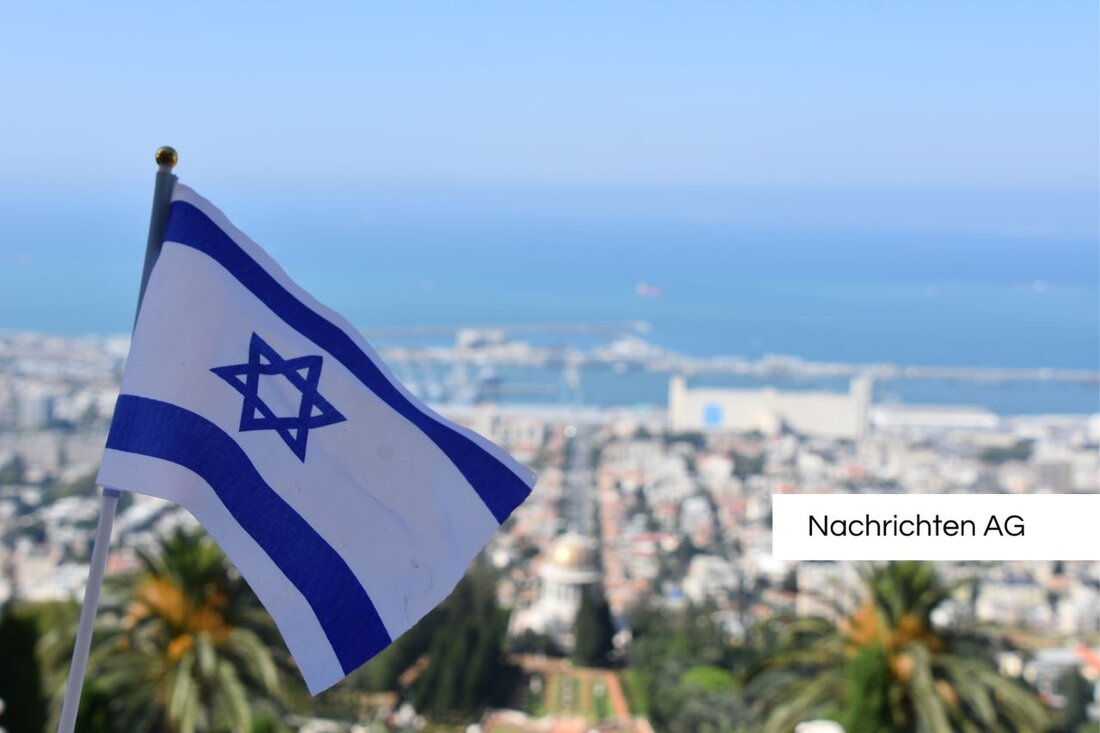Iran strikes back: rocket attacks on Israel trigger chaos!
Iran starts counterattack on Israel with rockets. Israel reacts to Iranian goals with air strikes. Escalation in conflict.

Iran strikes back: rocket attacks on Israel trigger chaos!
On June 13, 2025, Iran started a counterattack on Israel after Israel attacked dozens of goals in Iran, including nuclear facilities. The Israeli army registered the start of Iranian rockets in the direction of Israel and reported hundreds of missiles fired. There were audible explosions that either came from air defense or impacts. Air alarms were triggered in several parts of Israel, and the population was asked to go into shelters. The attacks also affected large cities such as Tel Aviv and Jerusalem, as was reported on Iranian television. At that time nothing became known about major damage or victims.
As part of this heated conflict, Israel's attacks led to a major attack on Iranian cities and nuclear facilities in which Iran's military management was apparently eliminated. The Iranian head of state Ajatollah Ali Chamenei announced retaliatory measures and explained that the forces would act decisively to destroy the "ranks of Zionist". In an already tense situation between Israel and Iran, Chamenei evaluates the Israeli air attacks as a declaration of war. The Israeli President Izchak Herzog justified the major attack with the existential threat to the Jewish people.
The escalation of the conflicts
The current argument is part of a larger context in the Middle East, which is characterized by rivalries between different actors. Israel sees Iran as an existential threat and accused it of operating a secret nuclear weapons program, while Tehran blames the United States for the attack. However, US Secretary of State Marco Rubio contested the United States' participation in the attacks. In the meantime, UN General Secretary António Guterres called both sides for moderation.
Israel's head of government Benjamin Netanyahu described the attacks on Iran as a "very successful opening strike" and confirmed that the operation would continue for many days. Several high -ranking Iranian military, including the Iranian army chief Mohammed Bagheri and the commander of the revolutionary guards, Major General Hussein Salami, were killed during these attacks. Flight operations at Tehran International Airport was discontinued and Iraq and Jordan blocked their airspace.
The geopolitical context
The current conflict situation shows how the tensions have increased in the Middle East. The rivalry between Iran, which is considered a sponsor of a network of state and non-state actors, and a coalition consisting of Saudi Arabia, the United Arab Emirates and Israel can be clearly seen. Especially after the USA withdrawal from the nuclear agreement with Iran under President Donald Trump, the tensions have further tightened. A new card project entitled "The Middle East’s New Battle Lines" illustrates the dynamics that are predominant and warns of a possible escalation in the region.
experts advise that the EU and its Member States should concentrate on the rescue of the nuclear agreement in order to minimize the risks of a further escalation. It is crucial to communicate clear messages that take into account the concerns of the Arab Gulf States and Israel. The ECFR warns of a possible mutual tightening of the conflicts and the risk of surface fire in the Middle East.

 Suche
Suche
